FORMER Prime Minister of Australia, Julia Gillard was on hand today at the National Archives to launch an exhibition that she said conveyed “a hard truth.”
That hard truth was the unpleasantness of adoptions forced upon young Australian women who had children out of wedlock, a practice still continuing well into the 1970s and the source of untold grief and trauma in an Australia that was anything but just suntan lotion and FJ Holdens.
On March 21, 2013, Ms Gillard offered a national apology to the many thousands affected by forced adoption.
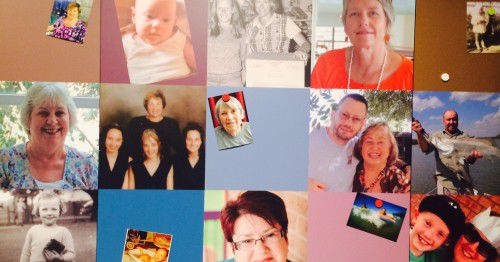
It had been estimated that 250,000 adoptions took place between 1950 and 1970; a significant number were forced adoptions. The mothers who had their babies taken were unmarried and often forced to live a lie for decades. For some, it was a secret they took to their graves.
Before she spoke, Aboriginal community member and a friend of Ms Gillard, Paul House, gave the Welcome to Country before a packed group of stakeholders and press at the Archives, proudly proclaiming that his community was a matrilineal society where motherhood was central.
In welcoming Ms Gillard to the podium, the director-general of the Archives, David Fricker, said the exhibition “Without Consent: Australia’s past adoption practices,” was intended to “open hearts and minds of Australians. He praised the former Prime Minister for having spoken up about a practice that was and is illegal. Those present murmured their agreement.
The show, curated by Amy Lay, unveiled a shameful and previously hidden aspect of our past, Mr Fricker said.
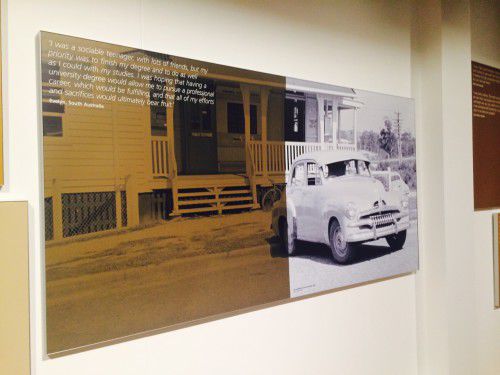
In an emotional speech, he said he hoped the exhibition would help put the record straight that babies had been dearly loved and wanted by their parents, but that their mothers had been told adoption was the only choice. “We can never fully understand,” he said.
Mr Fricker introduced Prof Nahum Mushin, chair of the Past Forced Adoptions Apology Reference Group, and adjunct Prof of Law at Monash University who, while praising the former PM’s role, commented, “Words are only words, unless they are supported by concrete measures.”
He urged the need for proper compensation, for the regularising of birth certificate and health records for the establishment of grievance mechanisms, and for provision of access to electoral rolls in tracing adopted children.
“The test must be the child’s best interest,” he said, noting that as it was, there were eight different sets of laws in Australia governing adoption.
“The law must be uniform,” Prof Mushin said, raising the question as to whether adoption should be abandoned altogether or at least be reformed so that an open adoption model applies to retain an ongoing relationship between both parents and the children. “The act needs some amendment, this is not a difficult process,” he said, also querying the morality of inter-country and domestic adoptions and surrogacy.
As she took to the podium, Ms Gillard looked back to March 21 2013, a day on which “other political events” (a leadership spill in the Australian Labor Party) may have consumed the public.
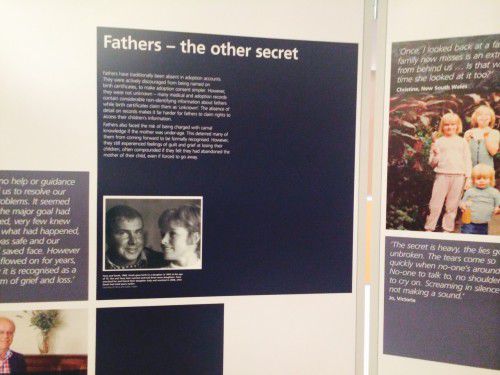
She said that she felt genuine emotion in “the great and gathered crowd” and that on the day she had spoken to mothers whose most sacred rites of been violated, to fathers who had been obliterated from history and to children in whom self-doubt was always present, sometimes spiralling into “a sense of self-loathing.”
Ms Gillard praised all those who had come together to give voice to their pain for and for the “generosity of heart” that saw them accepting the Apology.
She said the exhibition was important – “everyone should take the time to see it.”
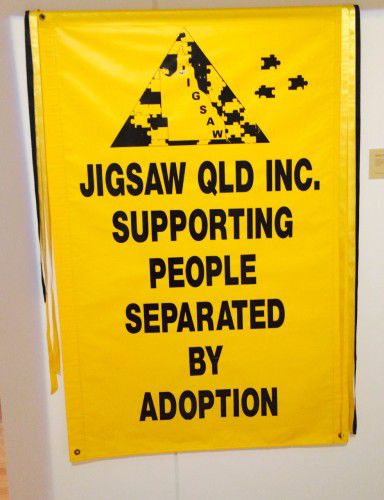 “Without Consent: Australia’s past adoption practices,” at the National Archives of Australia, Queen Victoria Terrace, Parkes, until July 19.
“Without Consent: Australia’s past adoption practices,” at the National Archives of Australia, Queen Victoria Terrace, Parkes, until July 19.
Who can be trusted?
In a world of spin and confusion, there’s never been a more important time to support independent journalism in Canberra.
If you trust our work online and want to enforce the power of independent voices, I invite you to make a small contribution.
Every dollar of support is invested back into our journalism to help keep citynews.com.au strong and free.
Thank you,
Ian Meikle, editor
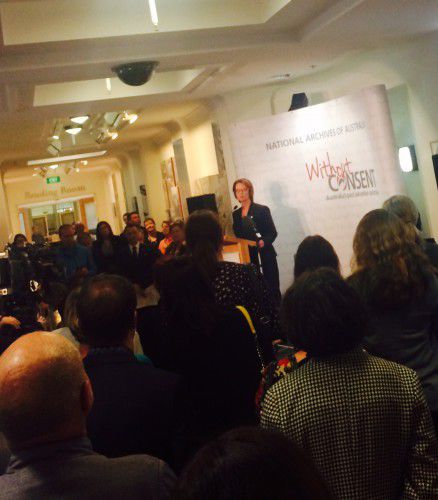
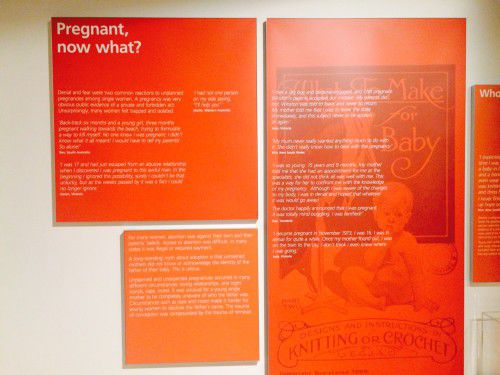
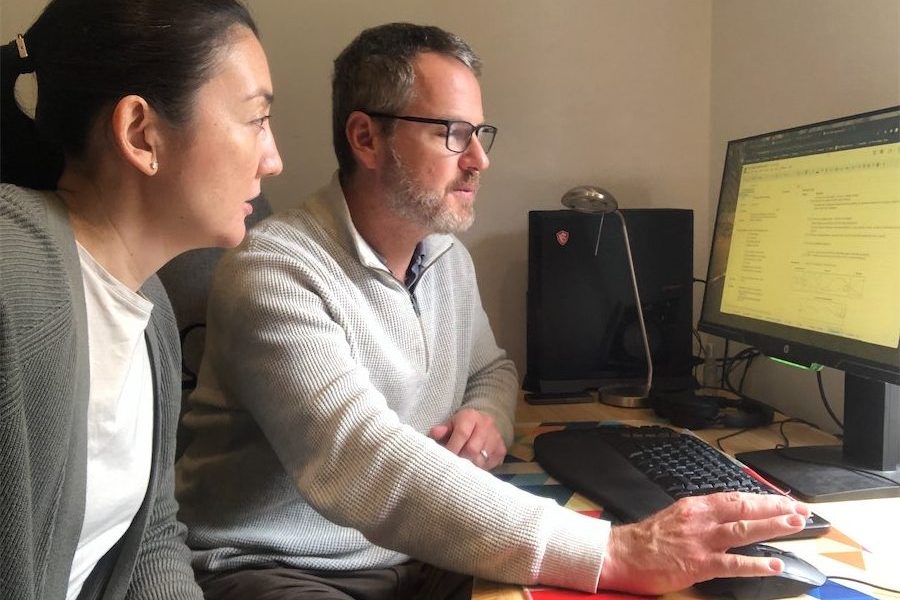
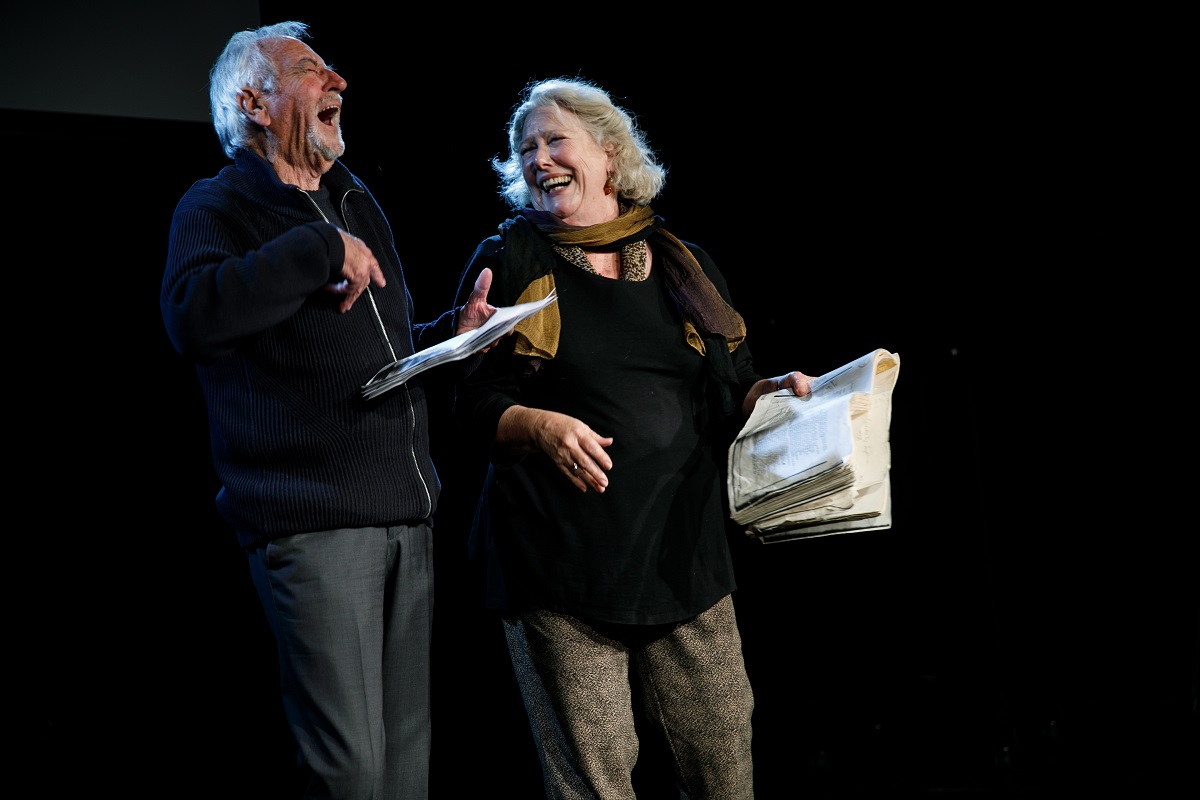
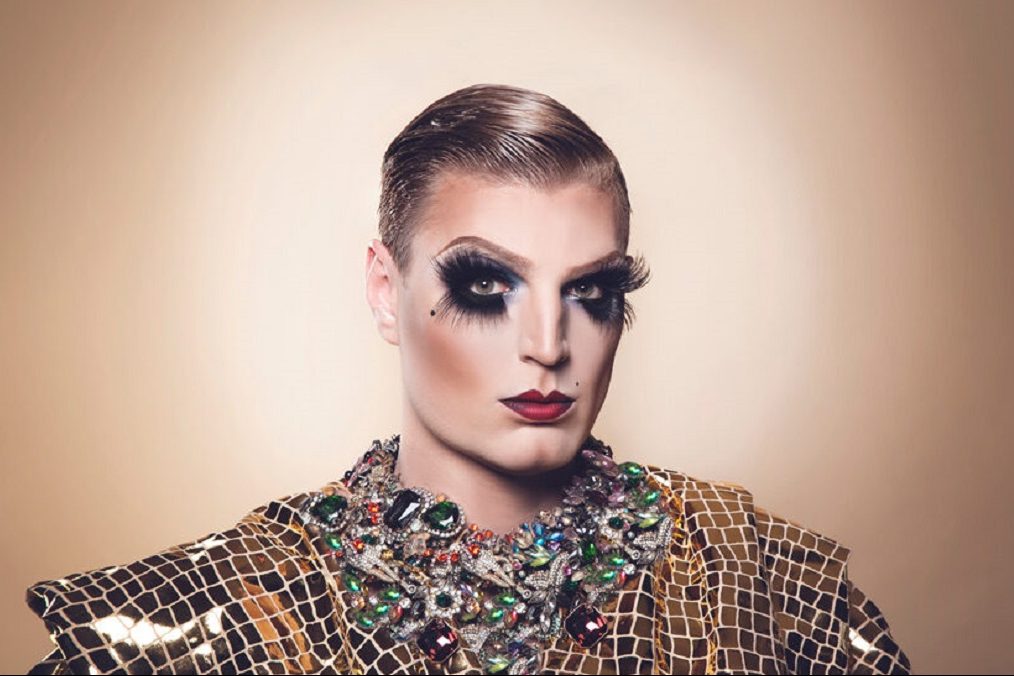

Leave a Reply